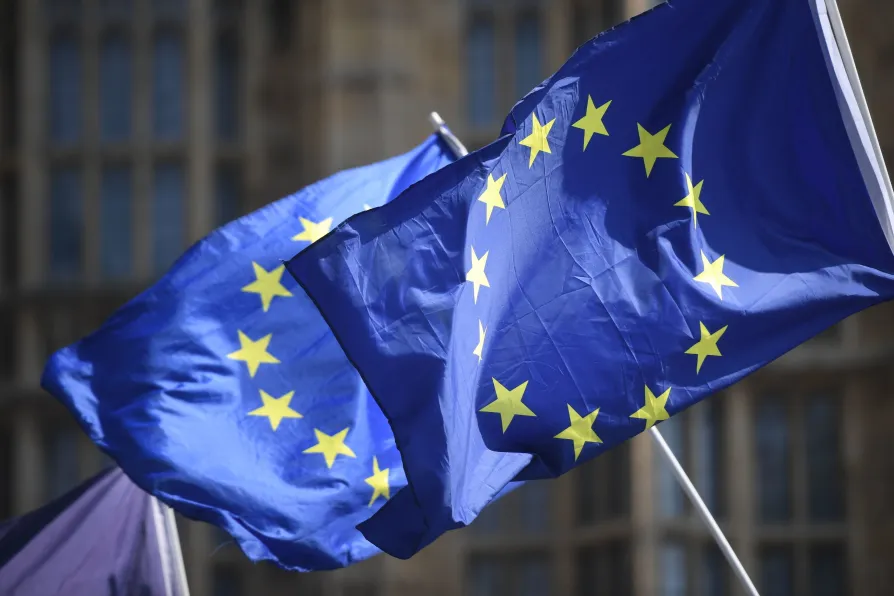Speakers in Berlin traced how Germany’s rearmament, US-led violence abroad and the repression of solidarity at home are converging in a dangerous drive toward war. BEN CHACKO reports
EU corporate leaders worsening conditions for workers in the US South
GFTU leader DOUG NICHOLLS looks at European corporate attacks on unions and workers in America’s southern states


THE European Union’s corporate leaders havn’t just reserved their deregulating, anti-trade union, anti-workers’ rights agenda for their own member states on home turf.
They have been keen to extend this policy on the already fertile ground of the southern states of the US.
They’ve exploited some of the weakest labour laws and strongest pro-business environments in the world.
Similar stories

DOUG NICHOLLS argues that to promote the aspirations for peace and socialism that defeated the Nazis 80 years ago we must today detach ourselves from the United States and assert the importance of national self-determination and peaceful coexistence

As a partial successor to the post-war Marshall Plan, USAid is not simply a humanitarian aid programme, but is involved in projecting US power as an instrument of foreign policy, argues NICK WRIGHT

The US president has cancelled all federal union contracts as ‘un-American,’ saying ‘It’s our dream to have everyone work in the private sector,’ writes MARK GRUENBERG












